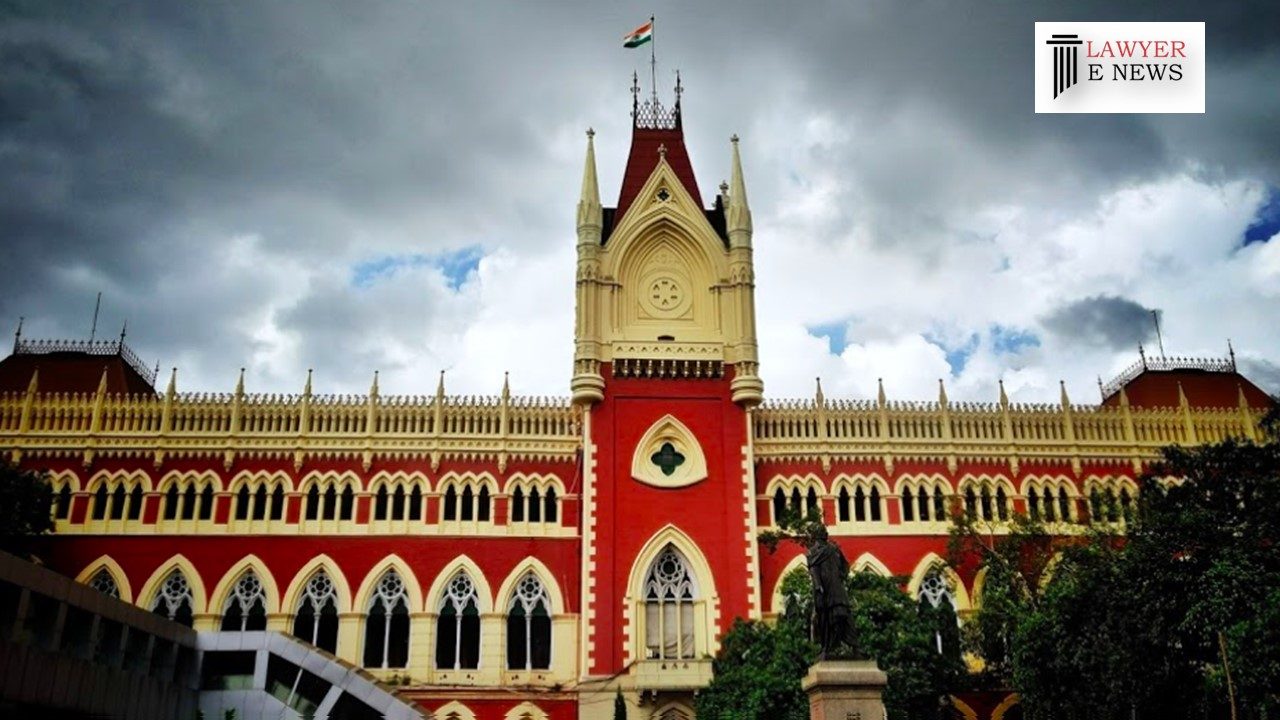-
by Admin
15 February 2026 2:36 AM



Judicial scrutiny highlights lack of direct instigation and insufficient evidence against Biplab Jana @ Rohit in Marishda Police Station Case No. 148 of 2015.
In a recent judgment, the Calcutta High Court has quashed the proceedings against Biplab Jana @ Rohit in a case of alleged abetment to suicide. The court, presided by Justice Ajay Kumar Gupta, found insufficient evidence to sustain the charges under Sections 306/34 of the Indian Penal Code (IPC). The judgment emphasizes the necessity of clear evidence for charges of abetment to suicide and criticizes the mechanical submission of the charge sheet by the investigating officer.
The case originated from the tragic suicide of Nilanjana Bera, a 15-year-old girl, on August 19, 2015. Her mother, Sunita Bera Majhi, filed a complaint alleging continuous harassment and attempted molestation by the petitioner, Biplab Jana @ Rohit, leading to Nilanjana’s suicide. The complaint included claims of harassment via mobile calls and SMS, and alleged that another accused, Swapan Hota, spread malicious rumors about the victim. The defense countered with allegations of torture by the victim’s maternal uncle and aunt, suggesting a consensual relationship between Nilanjana and Biplab.
The court found no direct evidence to support the claim that Biplab’s actions directly instigated the suicide. Justice Gupta stated, “The materials available in the record indicate that, save and except an allegation of harassment, no specific evidence suggests that the petitioner instigated the victim to commit suicide.”
The judgment criticized the lack of concrete evidence, noting, “Merely vague allegations without any supporting evidence cannot constitute an offence under Section 306 of IPC.”
The court noted the absence of any corroborative evidence in Nilanjana’s diary or from other sources indicating harassment or molestation by the petitioner. Instead, it found references to a consensual relationship, which contradicted the prosecution’s narrative.
The court highlighted the procedural shortcomings in the investigation, particularly the failure to properly examine mobile records and SMS, which were crucial to the case. The charge sheet was criticized for being submitted mechanically, without a thorough investigation.
Justice Gupta remarked, “The evidence of torture or ill-treatment by itself is insufficient to sustain charges under Section 306 IPC unless there is clear evidence of incitement to suicide.”
The Calcutta High Court’s decision to quash the proceedings against Biplab Jana underscores the judiciary’s insistence on rigorous standards of evidence in cases of abetment to suicide. The judgment serves as a crucial reminder of the legal principles governing such serious allegations, emphasizing that mere accusations without substantive proof cannot form the basis for criminal liability. This ruling is expected to influence future cases, reinforcing the importance of thorough and impartial investigations in upholding justice.
Date of Decision: July 02, 2024
Smt. Sunita Bera Majhi VS Biplab Jana @ Rohit & Another
